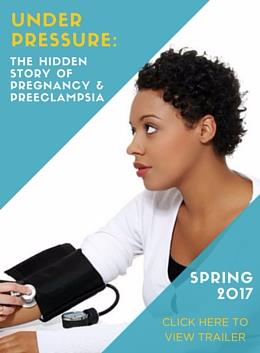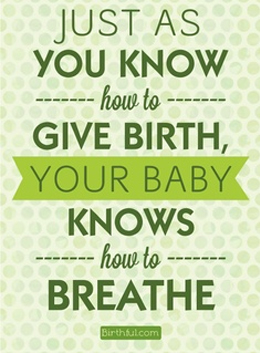Feeling overwhelmed, exhausted or inadequate is an almost universal experience for new moms, but postpartum depression occurs when those feelings limit your ability to take care of yourself and your baby. Between 7 and 15 percent of moms experience postpartum depression within the first three months after delivery, although symptoms can occur anytime in the first year. Postpartum depression is a medical condition and you shouldn’t feel guilty if you need help. Treatments, including medication and talking with a counselor, can help you regain control of your life.
Causes of Postpartum Depression
Estrogen and progesterone levels plummet after you deliver your baby, which can cause postpartum depression. Women who have experienced depression or postpartum depression before are at a higher risk of suffering postpartum depression, according to the American College of Obstetricians and Gynecologists. Feelings of doubt, anxiety or inadequacy about becoming a mother can fuel postpartum depression. Your circumstances can also play a role. For example, a mom who’s exhausted from having a cesarean section or lives in a strange city with no family support is more likely to experience postpartum depression, says the organization.
Changes in Daily Habits
Sleep is hard to come by for any new mother. Moms suffering from postpartum depression, though, often have trouble falling asleep or staying asleep, even when they’re exhausted, according to an article by Drs. Kathryn P. Hirst and Christine Y. Moutier in “American Family Physician.” Sleep disturbances may cause difficulties with focus, memory and concentration, as well. Some women experience changes in their eating habits, although this isn’t always the case, note the writers.
Painful Emotions
Most new moms have moments of anxiety, sadness or ambivalence over their new role, but for Moms with postpartum depression, these feelings can be overwhelming. A mom experiencing postpartum depression may have trouble bonding with her baby, which can cause feelings of guilt or inadequacy. Moms may feel anger or have obsessive, intrusive thoughts about harming their baby, write Hirst and Moutier, although these feelings may come and go, says Jennifer Harned Adams, a clinical psychologist in Denver specializing in the psychological aspects of women’s reproductive health. She said that the feelings can be intense enough to interfere with normal daily functioning, such as eating, preparing meals, basic hygiene and caring for the baby.
When to Get Help
Societal pressure to “be the perfect mom” can make it difficult for a woman to seek help for postpartum depression, says Kecia Gaither, vice chairman and director of Maternal Fetal Medicine at Brookdale University Hospital and Medical Center in Brooklyn, but it’s vitally important that you get the help you need to protect both you and your baby. First, ask for help from family and friends. Join a support group for new moms, which can give you a safe place to share your feelings. Try to get some exercise every day, even if it’s just a quick walk. If your symptoms don’t subside within two weeks or you have obsessive thoughts about harming yourself or the baby, talk with your doctor immediately, urges Gaither.






